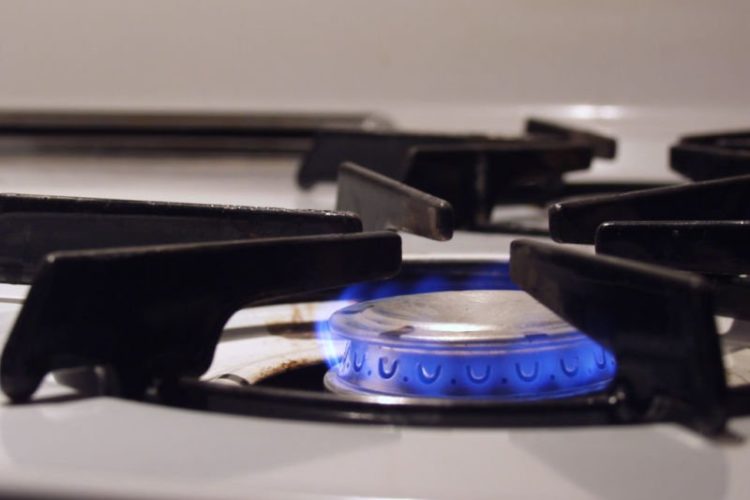Classically, gas has been used in the home to power appliances. With emerging technology, this started to move towards electric energy. There are strong arguments for both, so we have to wonder, which one is really the best? Electricity connections are overall more common, but a lot of people prefer gas for stove-top cooking. It is important to note, electricity can be used to meet the same demands as gas, but natural gas cannot do everything that electricity can. Many people choose to have both options, since there is sometimes a direct need for electricity, even when gas is preferred.
Price:
When it comes to the price points of both gas and electric, the short answer is, the cost of electricity tends to be higher. Appliances such as your stove, heat, hot water systems can run on both electric and gas. Those who choose gas for these majorly used appliances have an opportunity to save money if they choose gas. Poist Gas Company estimates you can save up to 20% on gas costs.
Heat and Hot Water:
The top two uses for household energy are heating and hot water. Your water heating system would either heat water as needed or continuously supply heat to the water. Of course, choosing to heat water as needed is the cheaper option. Gas water heaters are typically more energy-efficient, making them cheaper to run than electric heaters. Gas home heating systems are also more energy-efficient than electric. Electric systems themselves are also more expensive than electric, especially when purchasing in new condition.
Cooking:
As mentioned above, many people, even when using electricity for appliances and other household use, tend to prefer cooking with gas. Gas stoves are cheaper to run and tend to be more energy-efficient. They heat up faster than electric counterparts, making the cooking experience easier and quicker. Electric stoves, while becoming more energy efficient than in past years, still use more than gas.
Safety:
Before you make any decisions, consider the safety of your family. Both gas and electric appliances have possible safety hazards. If you choose to use gas, be sure your home is properly ventilated to prevent carbon monoxide poisoning. Install a carbon monoxide alarm so you’ll be instantly alerted of any leaks. Electric appliances run the risk of fire or electrocution when not installed properly and maintained well. Since both have potential safety issues, it is dependent upon which would be easier to monitor and maintain. When it comes down to it, gas is the more economically friendly option, so that is our personal suggestion.
Installation:
If you’re considering switching from energy to gas or vice versa to help save money on your utility bills, don’t forget to take into consideration your installation costs. Even if the appliances themselves are inexpensive, don’t let that trick you and end up going over budget due to set up costs. Switching to an energy-saving gas heater may save you money in the long run, but you won’t really see a return in a long time since installing can be costly. It’s difficult to say whether electric or gas is going to be cheaper. That would likely depend on the unit and what needs to be done to make the replacement. Be sure to check on these additional costs and factor them into the overall price. Unfortunately, as it comes to installation, we’re going to have to be neutral on this one.
When it comes to choosing between using gas or electricity in the home, you should remember, if you’re having trouble picking, you don’t have to. Many people choose to utilize both to their personal preferences. If you are looking for the more economically and eco-friendly option, we would recommend using gas to power whatever appliances you can in your home. It is the classically used option for a reason. It’s simply tried and true.


